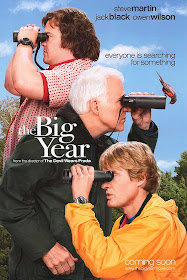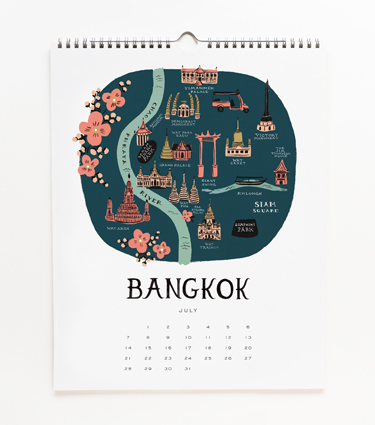You know that picture. You've all seen it.
A happy foreigner surrounded by a pile of joyful-yet-ragged African orphans. The person describes the experience captured in the picture as "life changing" and reports "I just really felt like I was making a difference" and "those kids were absolutely starved for love and attention."
These are authentic experiences and honest feelings. Most of us can totally understand.
But, how do the orphans feel? Was the experience life changing for them? Did it really make a difference to the
kids?
This is such a sticky situation. Because we are programmed to want to help children. That's how humans work. If a child needs something, we naturally want to provide. A baby cries and everyone jumps to fix whatever is wrong. It's biology. Plus, lots of people are really trying to do a good thing and when their actions are questioned, it feels terrible.
So, when a person finds themselves living in the middle of one of the poorest countries in the world, full of orphaned children all seemingly crying out for help, of course they want to respond. They want to visit, cuddle children, and shower them with all the things we consider essential for childhood. If you Google "orphanage" you get thousands of links for people and organizations that want to take your old shoes, body lotion, discarded t-shirts, and stuffed animals and give them to orphans. Expats find themselves being invited to visit nearby orphanages and are moved and motivated by the conditions and the attention-starved kids.
But how does a person know they are helping and not actually harming? Sometimes people ask me this question, because assume that I'll somehow the right person to ask. I think it's the nurse thing.
At any rate,
I really don't know.
There is
a lot of
research and
writing out there about orphanages. The issues are numerous, ranging from the obvious to the surprising. For example, did you know that in some countries, international investigators have shown that
up to 90% of "orphans" are not even orphans? When parents feel like they can't take care of their children, they may consider an orphanage a good place for their child to get food, clothes, and care. More on the idea that supporting orphanages may actually
create orphans
here. Whoa! What?
Yeah. When you stop and think, the unintended consequences of good intentions can be really shocking.
So what's a good-hearted person to do? How can we fulfill the emotional need to help while also respecting the rights of vulnerable children? Yes, that's right. I
am suggesting that sometimes, untrained do-gooders are reckless in their actions and short-sighted in their strategies. I
am suggesting that the basic human rights of children are violated in many earnest efforts to help.
(Did you know that all children have rights? They do!
Read about them here.)
Think back to that photo of the volunteer and the orphans. That photo is actually not okay. No permission was probably officially granted. A legal guardian most likely did not give the go ahead. Those children are not tourist attractions (more about that
here). While their bright smiles and tattered clothes may indeed motivate friends and family to join in the efforts to "help," their images do not belong on Facebook. We don't have the right.
It's one thing to be that rare person who can go hang out with these kids every other Saturday
for years (and I'm proud to actually know people like this). But that kind of dedication and consistency is not something most do-gooders can offer. Most of the time, it's easiest to arrange donations (p.s. -
6 Questions You Should Ask Before You Donate Goods Overseas) and give money. But is this really the best alternative if you want to help?
I started talking to some folks I know who are experts in the field of child welfare in the developing world. Then, I sent emails to other people who have thought a lot about this topic - from a variety of perspectives: research, missions, health, academia. I wanted to know their reactions to the following questions I've heard discussed many times:
1.) Why not orphanages? They LOVE it when I visit! The kids hug me and hold my hand and don't want me to leave. The people running the orphanage thank me every time I bring toys and clothes for the kids. How can this possibly be bad?
2.) Isn't doing something better than doing nothing? Even if I just make
one day brighter for one child, isn't that making a positive difference
in the life of an orphan?
3.) I'm living in this impoverished country and I can't just sit back in comfort and do nothing. What CAN I do to help?
So, as I receive these responses, I'll post them. I know it will be helpful as I continue sort out what it means to be me in the Congo. I think that at the very least, it will be an interesting read for you too - whether you live right here in Kinshasa or just finished watching a Orphan Fund commercial in Virginia.
And mostly, I hope that if we pause, think, and learn, we can actually do what we are setting out to do, and help those we want to help.



















.jpg)























